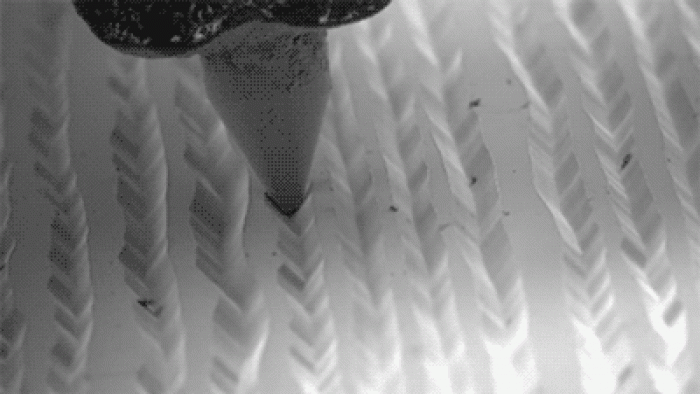|
|
|
Urine turns bright yellow if larger than normal amounts of certain substances are consumed; one of these substances is asparagus.
Thyroid conditions cause a higher risk of fibromyalgia and chronic fatigue syndrome.
Excessive alcohol use costs the country approximately $235 billion every year.
Bisphosphonates were first developed in the nineteenth century. They were first investigated for use in disorders of bone metabolism in the 1960s. They are now used clinically for the treatment of osteoporosis, Paget's disease, bone metastasis, multiple myeloma, and other conditions that feature bone fragility.
In 2006, a generic antinausea drug named ondansetron was approved. It is used to stop nausea and vomiting associated with surgery, chemotherapy, and radiation therapy.
 The continents were not always in their present positions. The position of the continents is importa
The continents were not always in their present positions. The position of the continents is importa
 Animal carcasses like this South African wildebeest provide important nutrition for both hunters and
Animal carcasses like this South African wildebeest provide important nutrition for both hunters and





